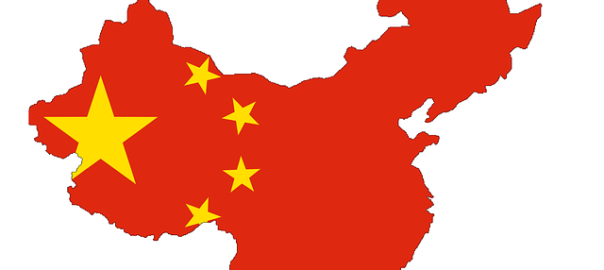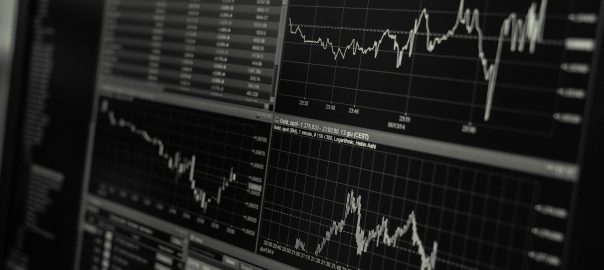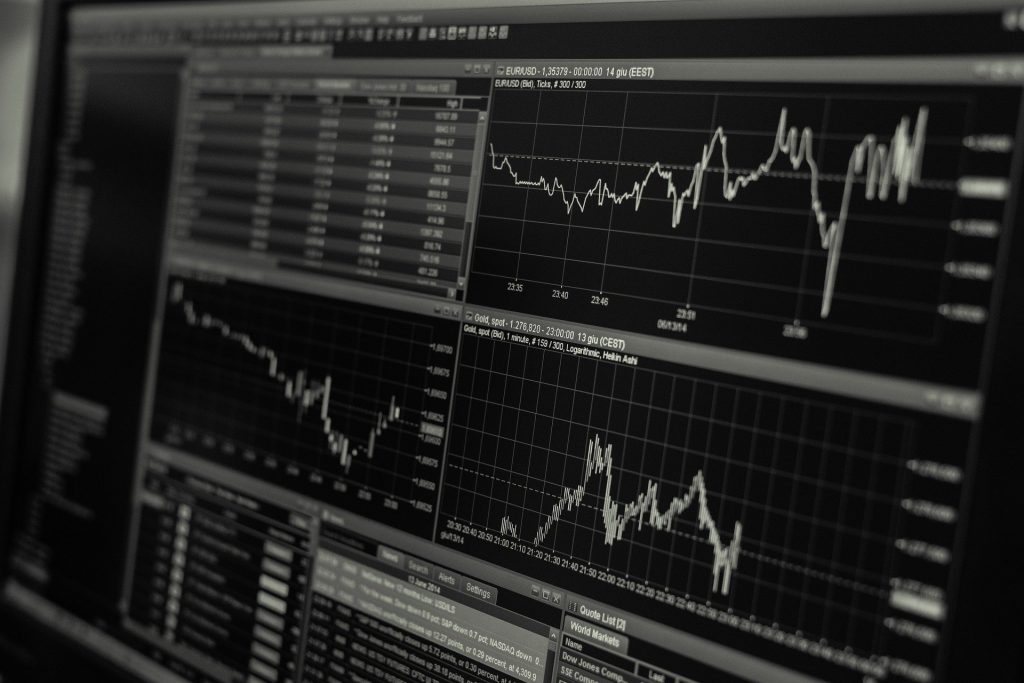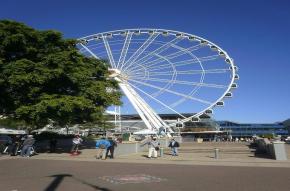Australia recently introduced a “right to disconnect” law, allowing workers to ignore after-hours communications from employers without fear of punishment. The law, which aims to restore work-life balance, lets employees choose whether to respond to calls or messages outside working hours unless their refusal is deemed unreasonable. This measure addresses the growing issue of unpaid overtime, with a 2023 survey finding Australians worked an average of 281 unpaid overtime hours annually.

The move is part of a global trend, with more than 20 countries, mainly in Europe and Latin America, implementing similar protections. Proponents argue that this law not only benefits employees but also helps businesses by reducing stress and burnout, leading to healthier, more productive workforces.
In the U.S., however, federal protections do not yet exist. American workers continue to face blurred boundaries between work and personal time, a challenge that has only grown with the rise of remote work since the pandemic. While some states are exploring legislation to address these issues, efforts like a bill proposed in California were put on hold earlier this year after pushback from business groups. As the U.S. grapples with increasing demands for a better work-life balance, concepts like a four-day workweek or the “right to disconnect” could become a key focus of future labor discussions.



